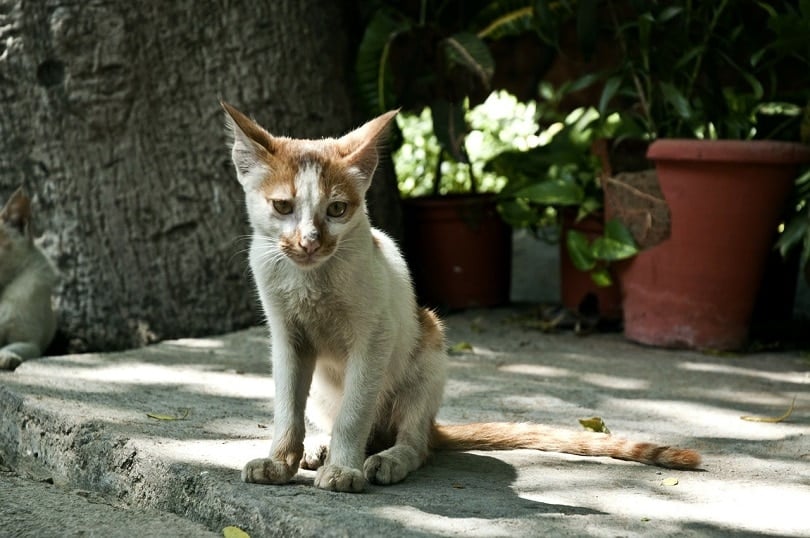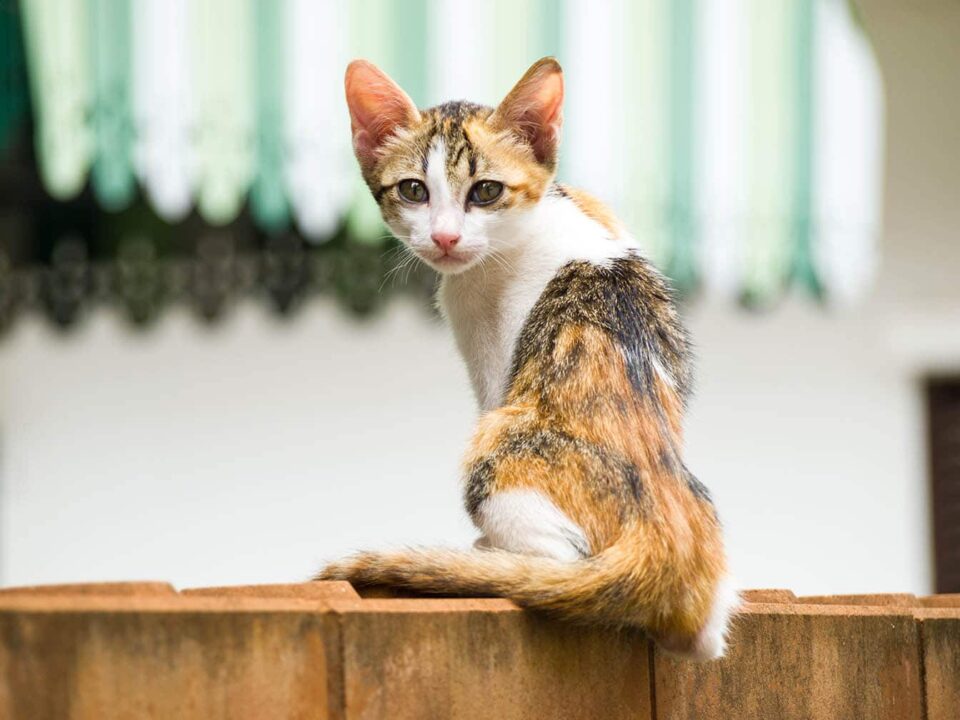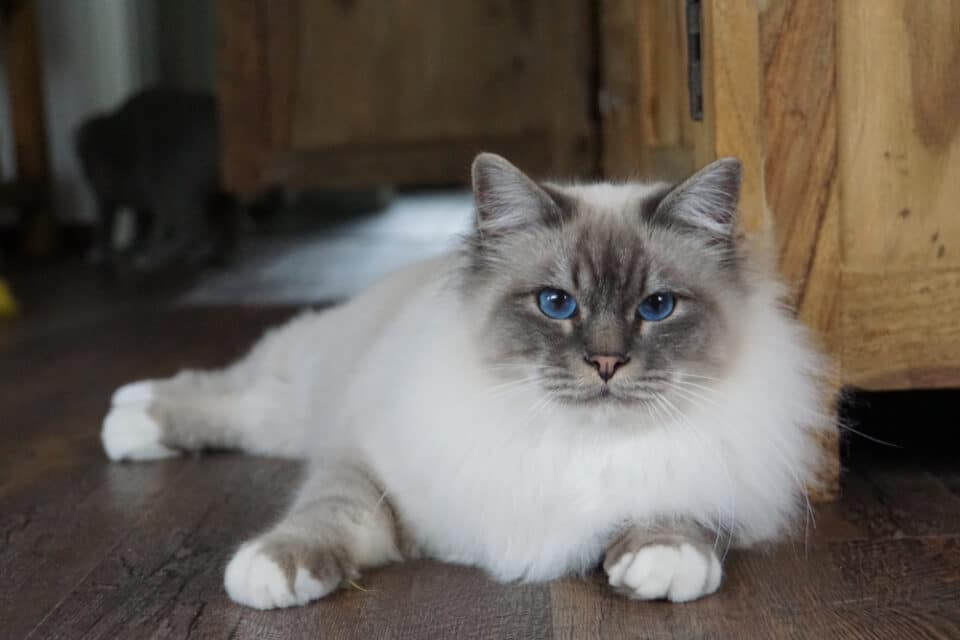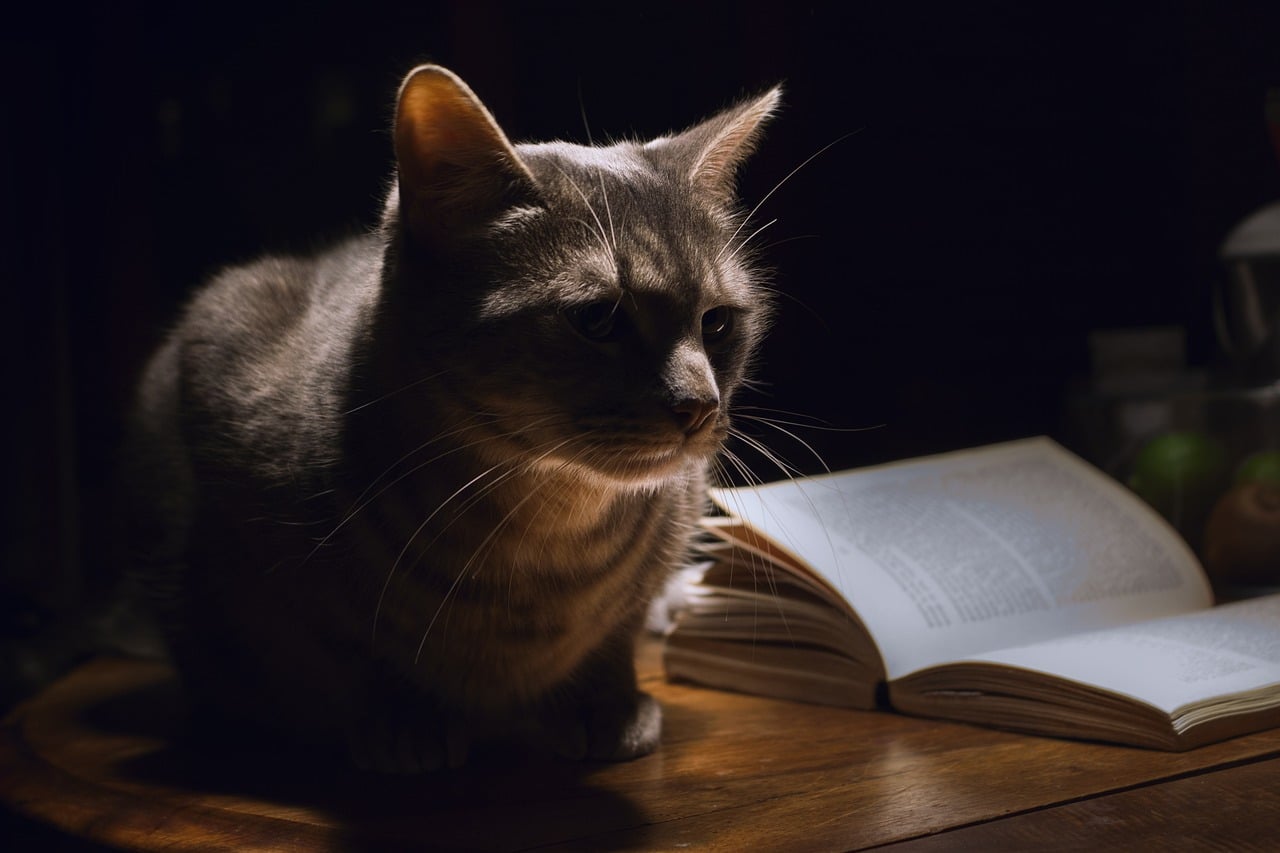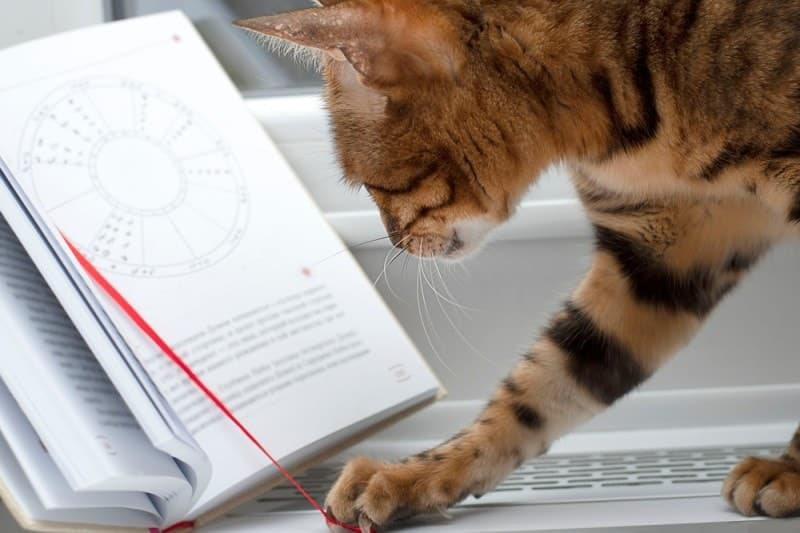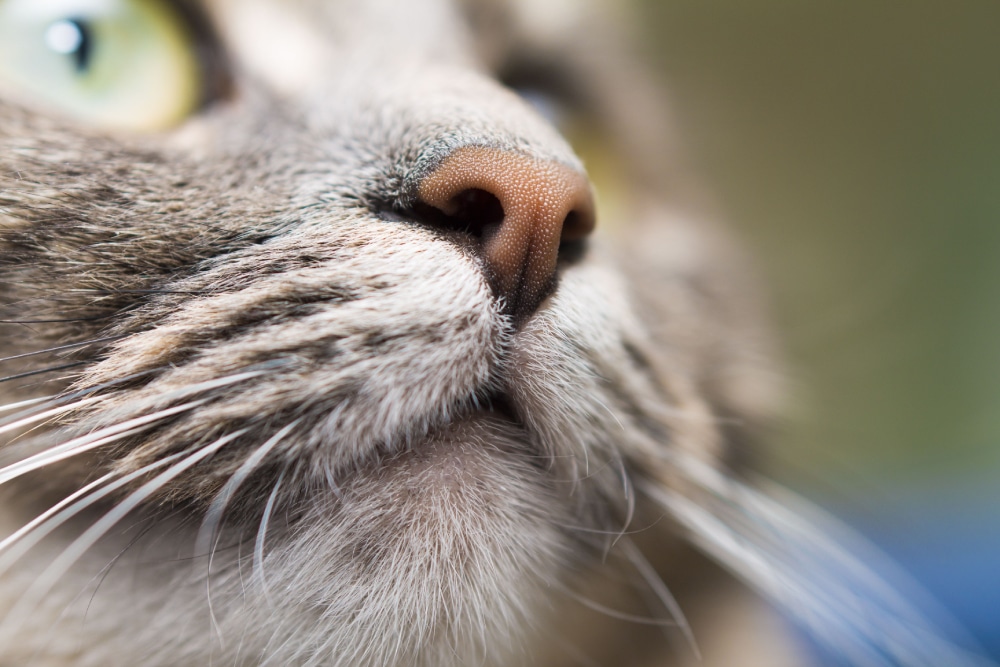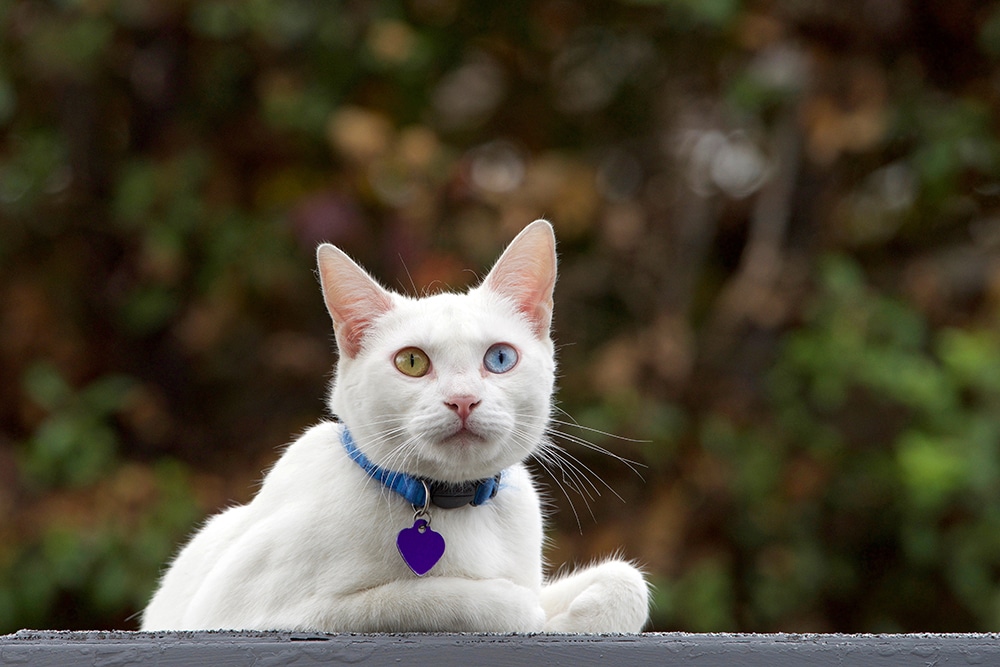Is your furry friend suddenly parading a slimmer figure, piquing your curiosity or even concern? It’s not uncommon for cats, especially the older ones, to shed some pounds, and there could be a variety of reasons lurking behind that unexpected weight loss. Let’s explore why your whiskered companion might be losing weight and what you should consider doing about it.
Cats are notorious for their selective eating habits, but when dental troubles strike, they could take it to a whole new level. Sore teeth or oral issues might turn mealtime into a tricky endeavor, with cats pawing at their faces, drooling, or making odd sounds while chewing. A dentist visit for some feline dental work could be in order.
Hyperthyroidism, where the thyroid gland goes into overdrive, is a prevalent issue in senior cats. This condition speeds up their metabolism, causing them to burn off calories faster than they can consume them. If your kitty is gobbling up food yet looking skinnier, this might just be the culprit.
The kidneys play a crucial role in detoxifying the system, but as cats age, chronic kidney disease might creep in, hindering their ability to function effectively. Increased thirst and weight loss could signal it’s time for a vet check, complete with diet tweaks and medication.
Diabetes in cats is somewhat similar to the human condition, revolving around insulin imbalances. When insulin isn’t doing its job, blood sugar levels spike, leading to weight and appetite changes along with potential nervous system complications. Insulin and dietary adjustments might be needed to help manage the condition.
Digestive woes like inflammatory bowel disease or pancreatic issues could cause vomiting and diarrhea, leading to weight loss. A sensitive stomach might benefit from special diets or medication to put the brakes on these symptoms.
Pesky parasites in the form of worms might seem like a tale for kittens, but an infestation could still lead to weight loss. However, it’s seldom a problem for adult cats, yet keeping an eye on their health is always wise.
Stress can affect cats just like it does humans. Whether it’s a move to a new home or a new pet in the mix, stress might curb their appetite.
Unfortunately, cancer doesn’t spare our feline friends. Tumors in various parts of their body can trigger weight loss, necessitating prompt attention to tackle the issue.
Feeding isn’t just about filling bowls; it’s about nutritional balance. If a cat’s diet lacks the essentials or if they aren’t served enough, weight loss might follow. Understanding your cat’s dietary needs is key, so regularly checking their intake is important.
Older cats might appear thinner due to arthritis reducing their exercise, which affects their muscle mass. Keeping them active while avoiding overfeeding is a good strategy.
If your cat’s slender form has caught your attention, it might be time to consult a veterinarian. Investigating early can lead to better outcomes if there’s an underlying issue. Regular check-ups and attention to their diet and lifestyle can help keep your feline friend healthy and happy.
